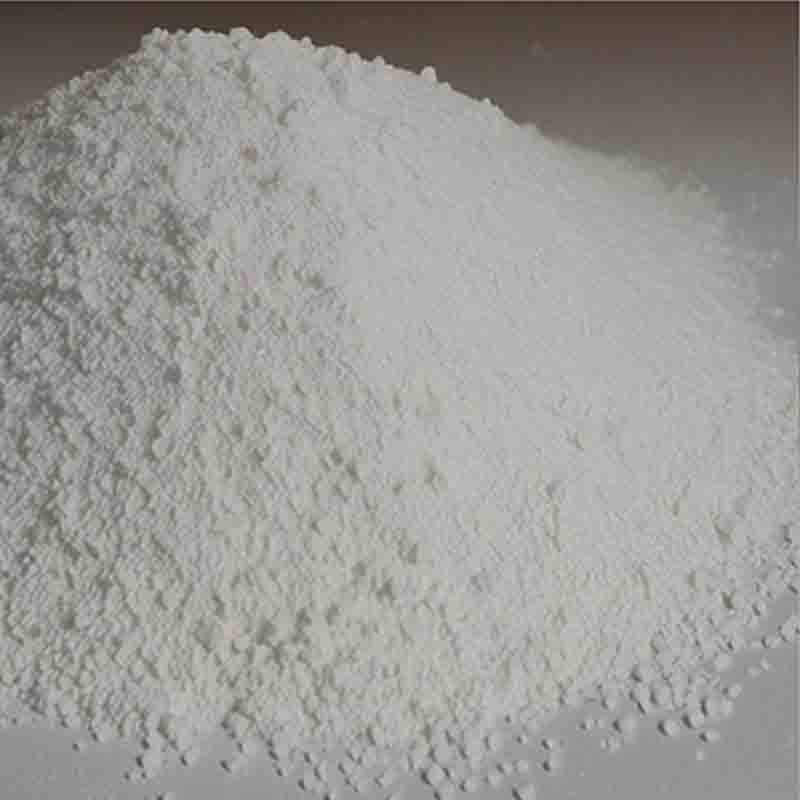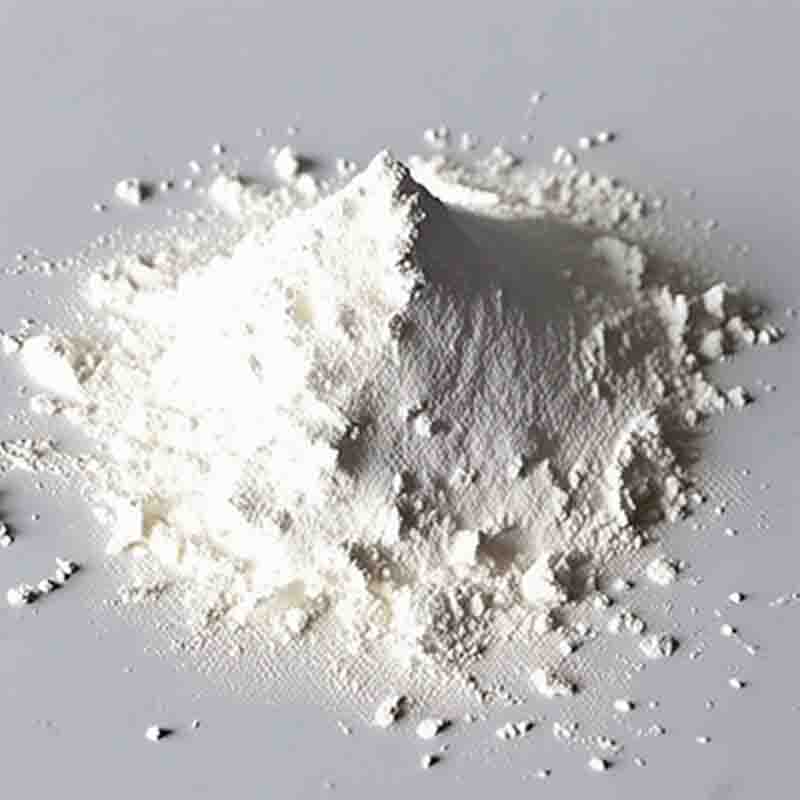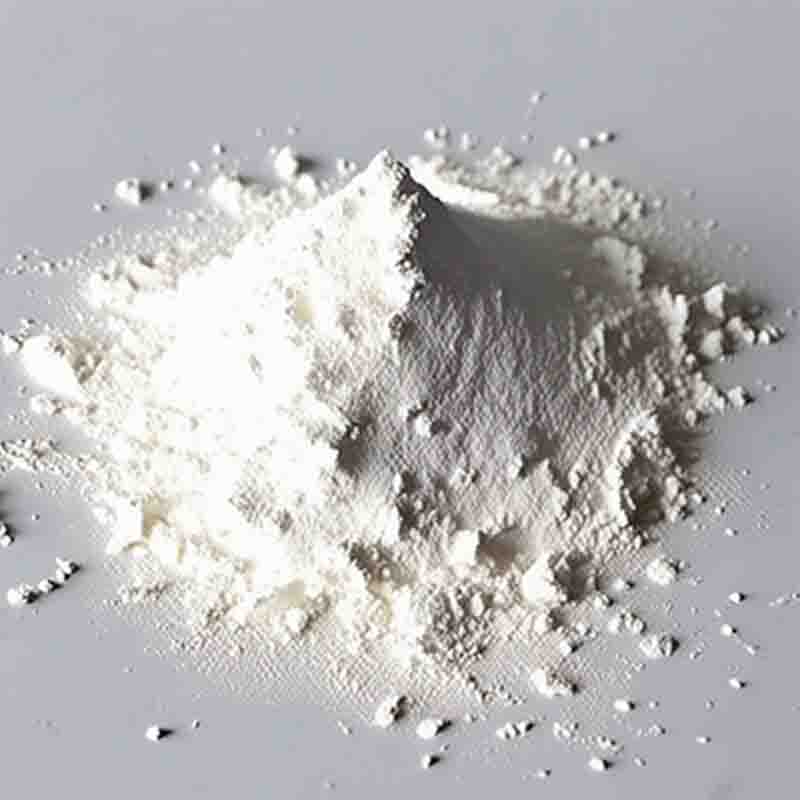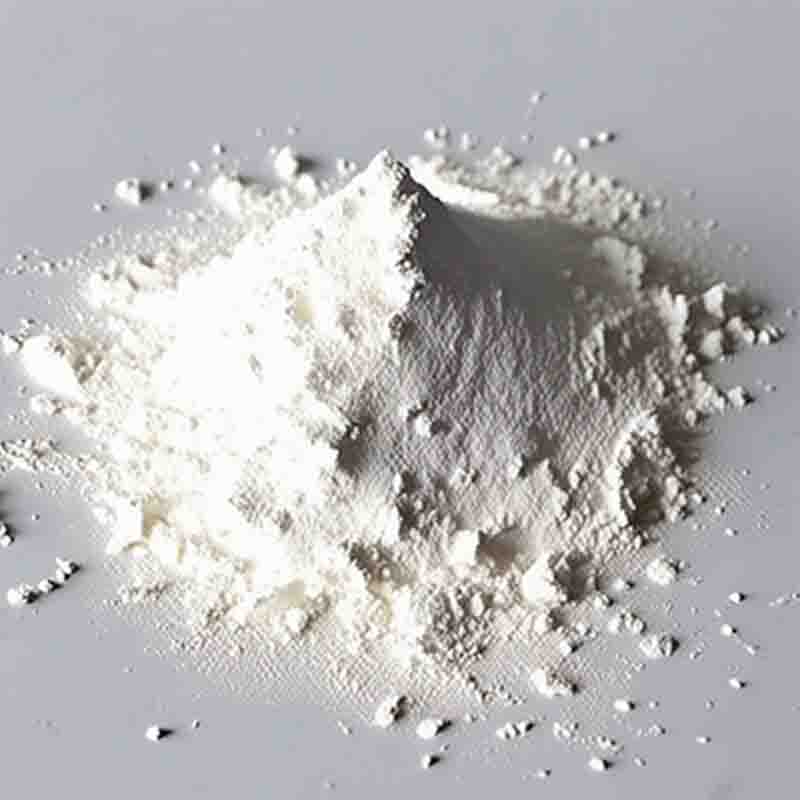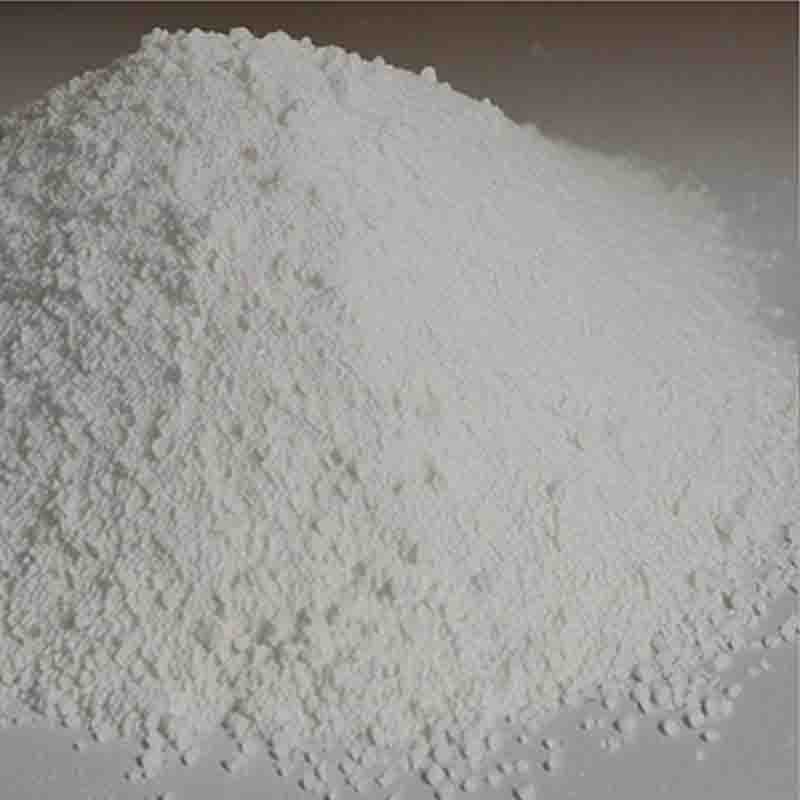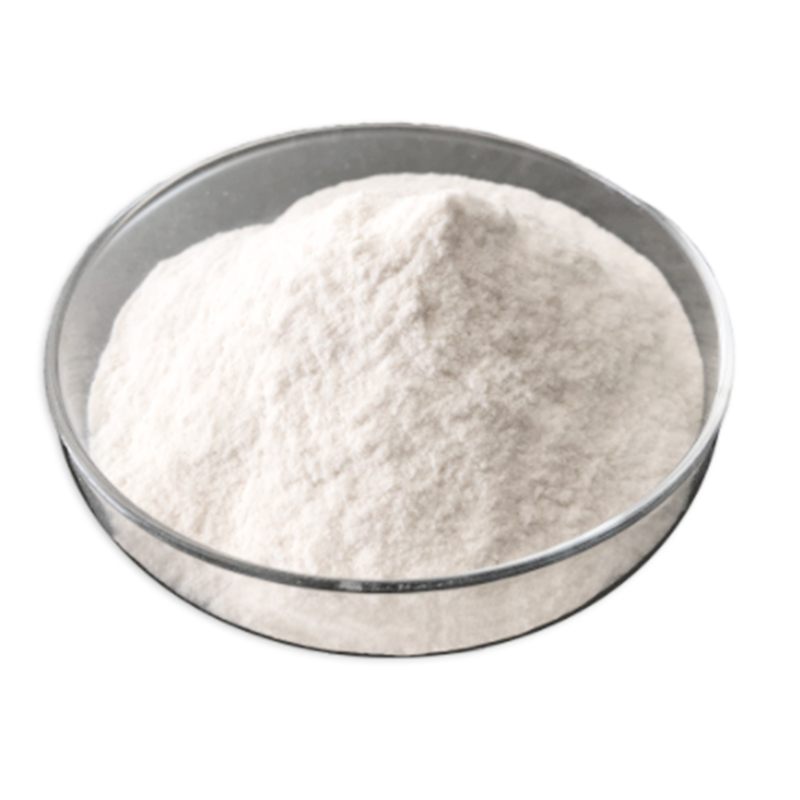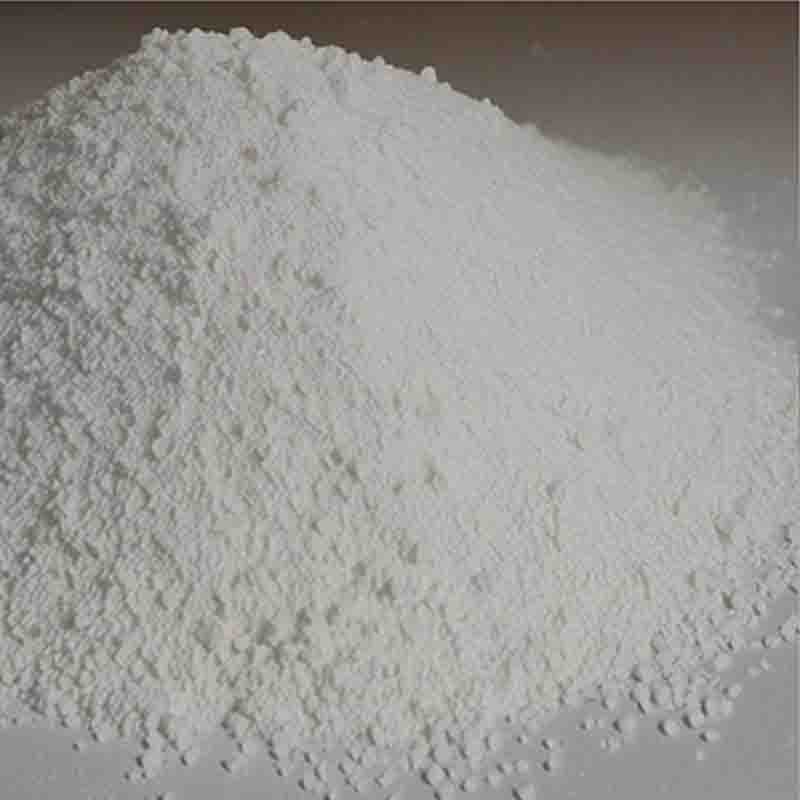CHLORO(1,5-CYCLOOCTADIENE)(PENTAMETHYLCYCLOPENTADIENYL)RUTHENIUM (II) CAS: 92390-26-6
| Catalog Number | XD94415 |
| Product Name | CHLORO(1,5-CYCLOOCTADIENE)(PENTAMETHYLCYCLOPENTADIENYL)RUTHENIUM (II) |
| CAS | 92390-26-6 |
| Molecular Formula | C18H27ClRu5* |
| Molecular Weight | 379.93 |
| Storage Details | Ambient |
Product Specification
| Appearance | White powder |
| Assay | 99% min |
Chloro(1,5-cyclooctadiene)(pentamethylcyclopentadienyl)ruthenium(II), often abbreviated as Ru(cod)(Cp*)(Cl), is a coordination complex that contains the metal ruthenium. This compound exhibits remarkable catalytic properties and is widely utilized for various organic transformations.One of the key applications of Ru(cod)(Cp*)(Cl) is in the field of catalytic hydrogenation. It functions as a catalyst to facilitate the addition of hydrogen to unsaturated organic compounds, such as alkenes and alkynes. This reaction is crucial in the synthesis of pharmaceutical intermediates, fine chemicals, and functional materials. The unique combination of the cyclooctadiene and pentamethylcyclopentadienyl ligands in Ru(cod)(Cp*)(Cl) enhances its catalytic activity and selectivity in hydrogenation reactions.Moreover, Ru(cod)(Cp*)(Cl) is used in transfer hydrogenation reactions, wherein hydrogen gas is replaced by a hydrogen donor. This allows for more convenient and safer hydrogenation procedures. The complex can efficiently catalyze the transfer hydrogenation of various functional groups, including ketones, aldehydes, and imines. Transfer hydrogenation is commonly employed in the synthesis of pharmaceuticals, agrochemicals, and other valuable compounds.Additionally, Ru(cod)(Cp*)(Cl) finds application in C-C bond formation reactions, such as cross-coupling reactions. It can catalyze the coupling of two or more organic molecules to form new carbon-carbon bonds. Cross-coupling reactions are integral to the synthesis of complex organic compounds, including natural products, dyes, and materials with specific electronic properties. The ruthenium complex serves as an effective catalyst in these transformations due to its stability and reactivity.Furthermore, Ru(cod)(Cp*)(Cl) can be employed in the synthesis of functional polymers through controlled polymerization techniques. It can initiate polymerization reactions and control the chain growth, leading to well-defined macromolecules with precise sizes and architectures. This is valuable in the development of advanced materials, including conductive polymers, sensors, and drug delivery systems.In summary, Ru(cod)(Cp*)(Cl) is a versatile ruthenium-based catalyst with applications in hydrogenation, transfer hydrogenation, cross-coupling reactions, and controlled polymerization. Its unique molecular structure and ligand environment make it an efficient and selective catalyst for various organic transformations. The compound's versatility and reliability have positioned it as a valuable tool in synthetic chemistry, providing opportunities for the development of new compounds, materials, and processes in academia and industry.


